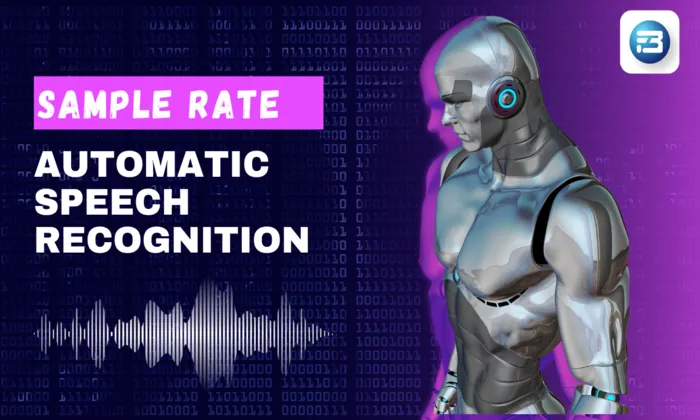What metadata should I capture when building a custom doctor-patient dataset?
Data Collection
Healthcare
Dataset Management
When building a custom doctor-patient conversation dataset for healthcare AI model training, capturing the right metadata is crucial for ensuring the dataset is robust and applicable to various AI and healthcare applications. Metadata acts as a foundational framework, enhancing the dataset's usability and effectiveness. Let's explore the specific metadata to capture, its importance, and its impact on healthcare AI models.
Essential Metadata Components for Doctor-Patient Datasets
1. Basic Information
- Language: Identifying the language ensures multilingual capabilities, catering to a diverse population.
- Speaker Role: Tags that distinguish between doctors and patients help in analyzing dialogues and interaction patterns.
- Gender and Age Group: Recording these details for both doctors and patients ensures demographic representation, vital for unbiased AI model training.
2. Medical and Contextual Metadata
- Medical Specialty: Indicating the doctor's specialty (e.g., cardiology, pediatrics) provides crucial context for understanding the conversation’s content.
- Environment Type: Noting whether interactions occur in clinical settings or telehealth platforms helps in contextualizing the conversation.
- Device Type: Information about the recording device (e.g., mobile phone, laptop mic) is essential for understanding audio quality and training models for various acoustic conditions.
3. Acoustic and Quality Metadata
- Duration: Capturing the length of conversations aids in understanding the data's complexity.
- Noise Level: Recording background noise levels provides insight into the environment, crucial for real-world model performance.
- Recording Quality: Details like mono or stereo formats inform preprocessing steps and audio analysis model performance.
Why Metadata is Crucial for AI and Healthcare
Metadata is not just a technical detail; it’s essential for making datasets usable and effective.
- Enhancing Model Training: Metadata enables granular analysis, helping AI models to mirror real-world interactions more accurately. For instance, understanding diverse communication styles can refine model predictions.
- Facilitating Data Retrieval: Well-structured metadata simplifies data filtering, allowing for targeted AI training and evaluation.
- Supporting Compliance and Ethics: Metadata ensures adherence to ethical guidelines, documenting consent and anonymization protocols effectively.
Real-World Implications and Considerations
Capturing metadata requires balancing comprehensiveness with simplicity. While detailed metadata improves usability, it also demands careful management.
- Workload Challenges: Time constraints may affect the depth of metadata captured. Prioritizing essential metadata can alleviate pressure while maintaining dataset quality.
- Over-annotation Risks: Too much metadata can confuse users or complicate workflows; clarity and focus are key.
Frequent Mistakes in Metadata Collection and How to Avoid Them
Avoiding common pitfalls in metadata capture ensures dataset effectiveness:
- Inconsistent Naming Conventions: Standardized naming is crucial for seamless data integration across platforms.
- Neglecting Contextual Details: Sufficient context is necessary to avoid making AI models struggle with generalization.
- Inadequate Quality Checks: Rigorous validation of metadata accuracy prevents flawed analyses and model issues later on.
Conclusion
Capturing comprehensive metadata in doctor-patient datasets is essential for successful healthcare industry AI applications. By focusing on critical elements—from basic information to acoustic qualities—you can ensure your dataset meets AI needs while upholding ethical standards. Striking the right balance between thorough data and usability empowers teams to develop models that accurately reflect the complexities of real-world doctor-patient interactions.
Smart FAQs
Q. What role does demographic information play in a doctor-patient dataset?
A. Including demographic details like age, gender, and language ensures AI models are trained on diverse data, enhancing their ability to generalize across different populations.
Q. How does metadata affect the accuracy of healthcare AI models?
A. Well-captured metadata provides the context needed for precise model training, leading to predictions and analyses that align closely with real-world clinical interactions.
What Else Do People Ask?
Related AI Articles
Browse Matching Datasets
Acquiring high-quality AI datasets has never been easier!!!
Get in touch with our AI data expert now!








